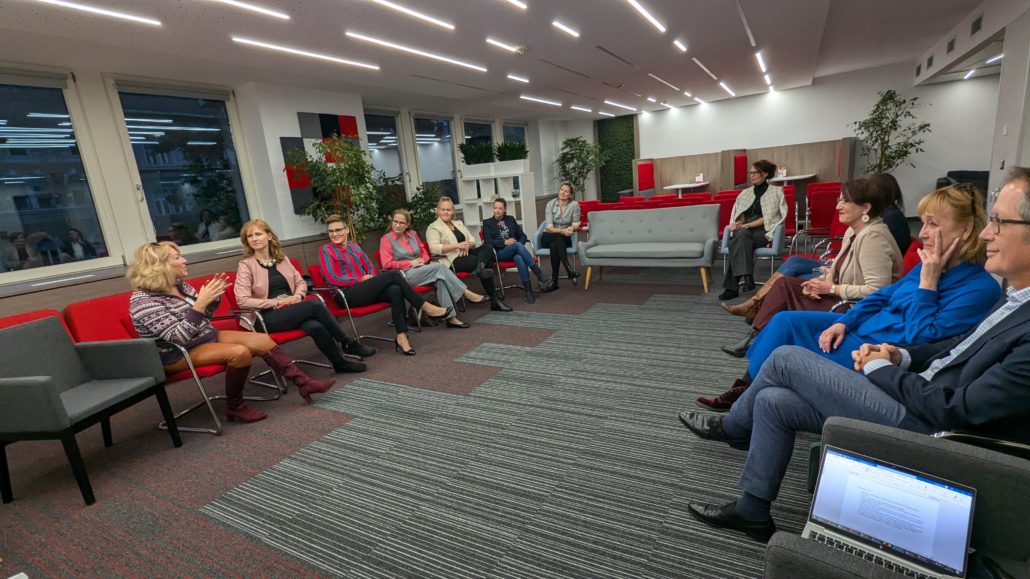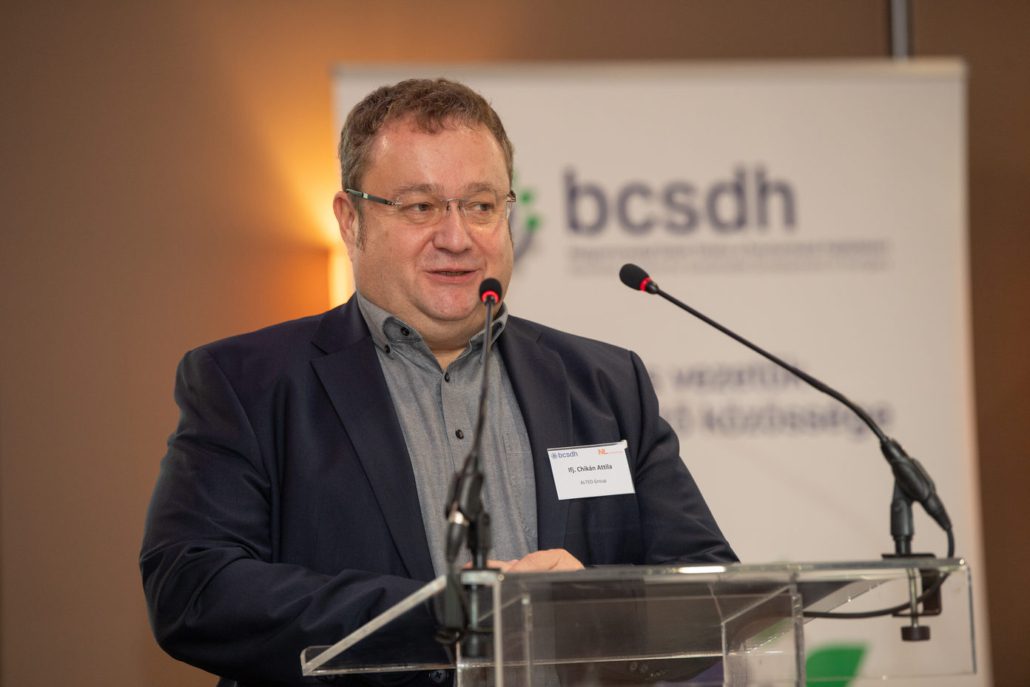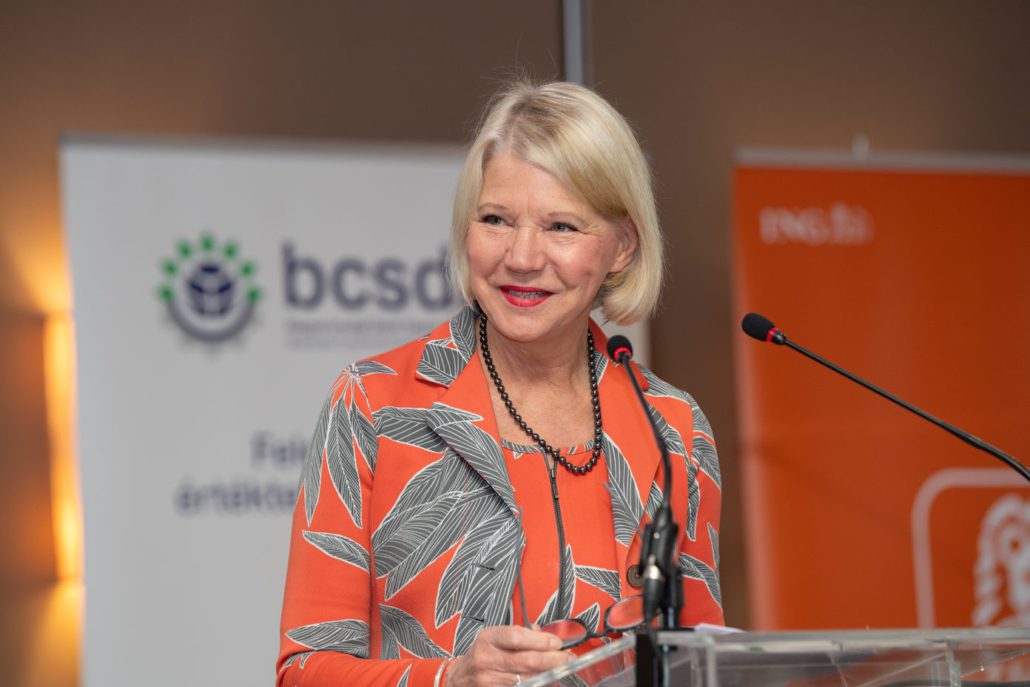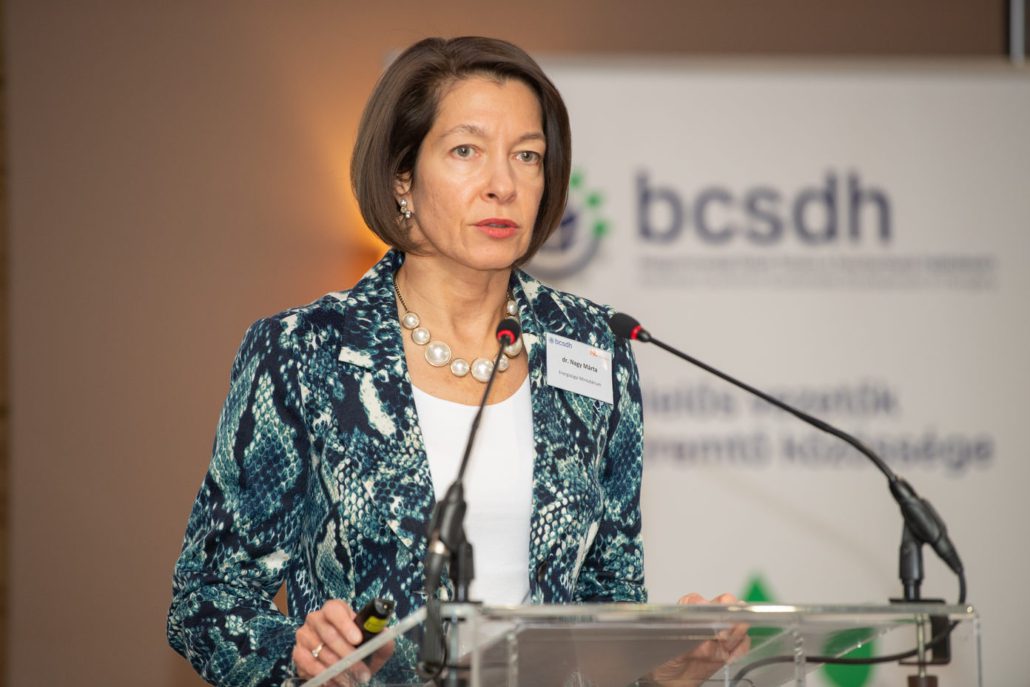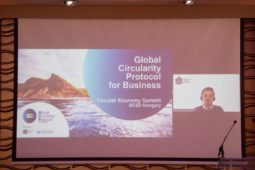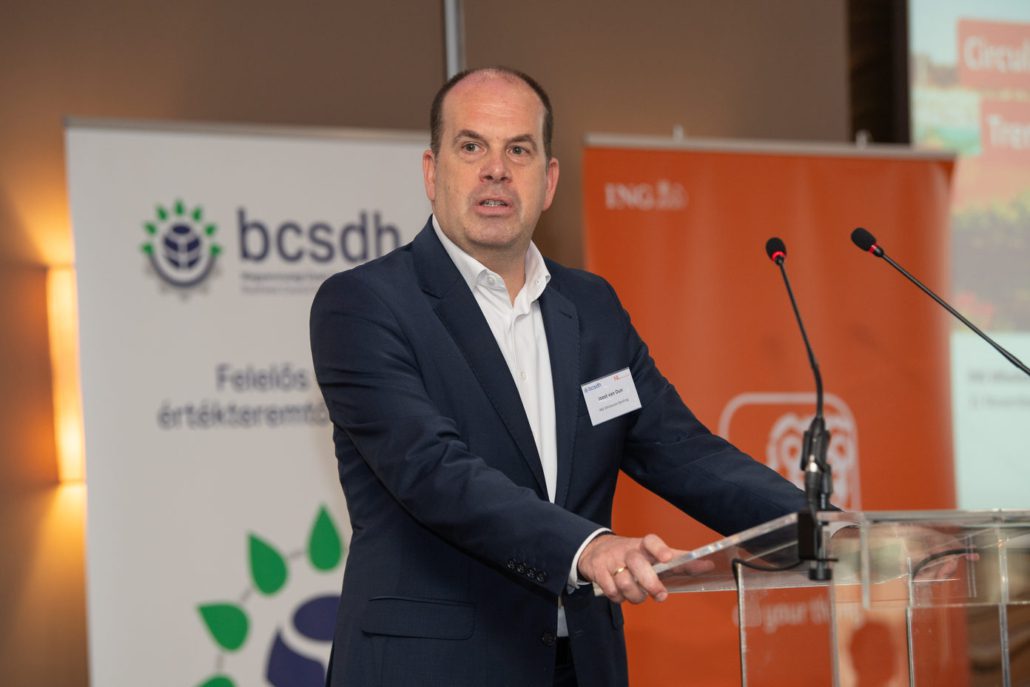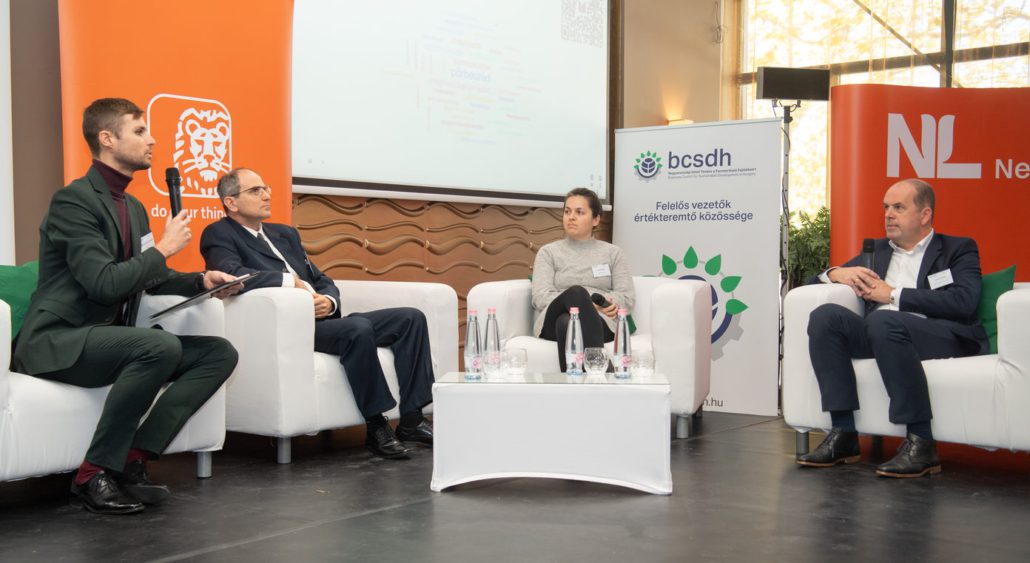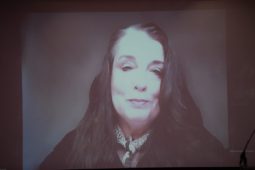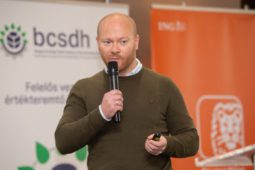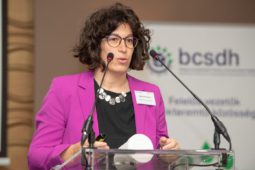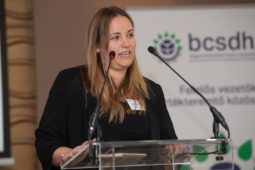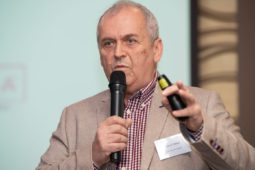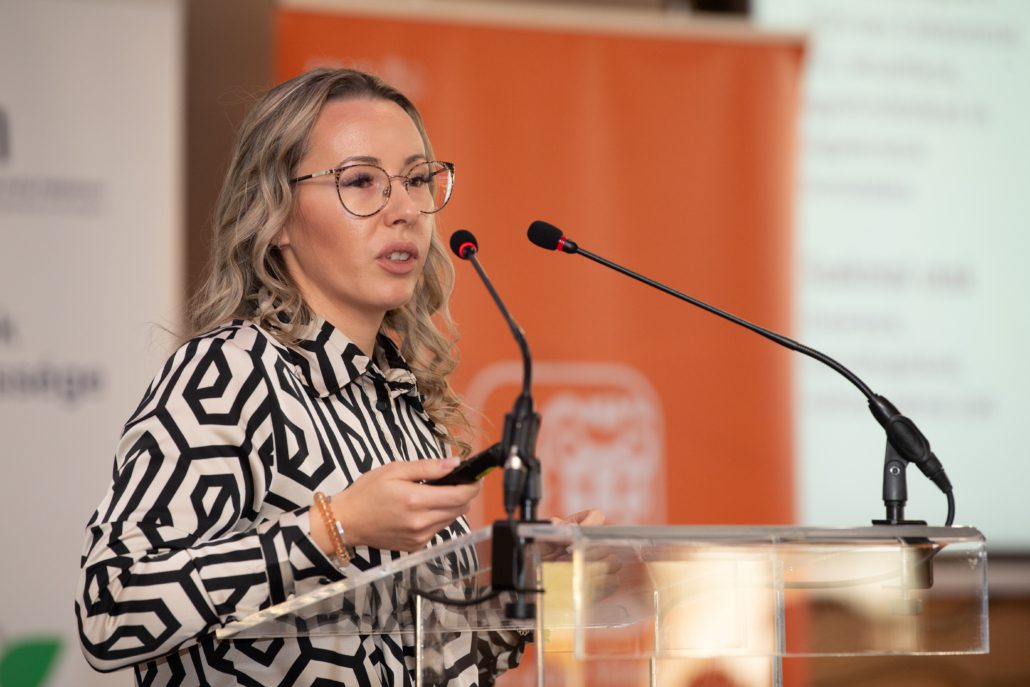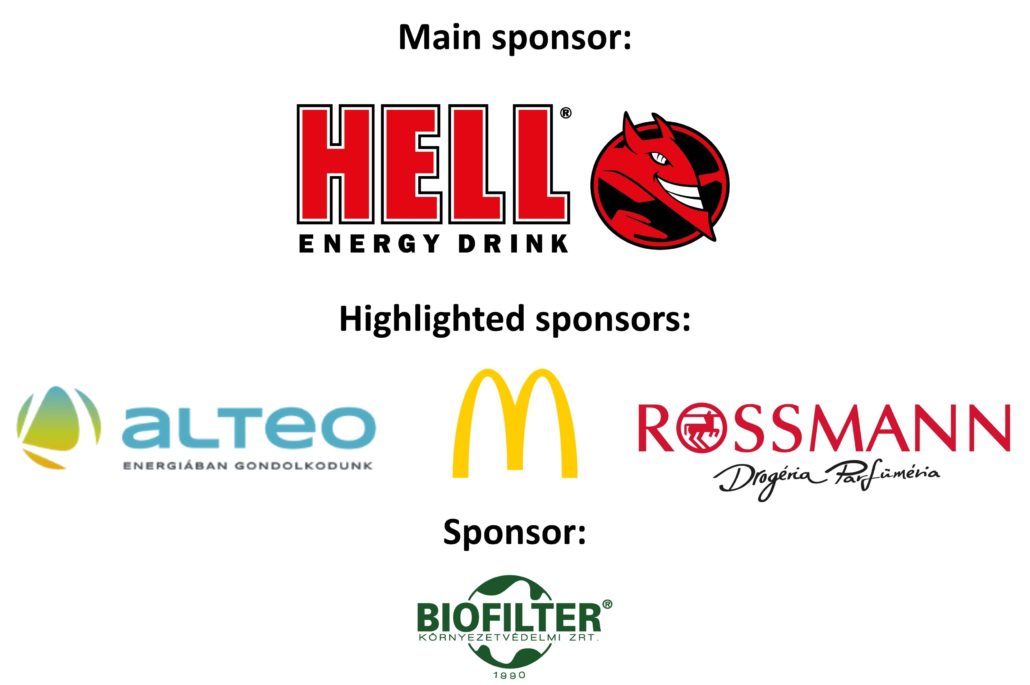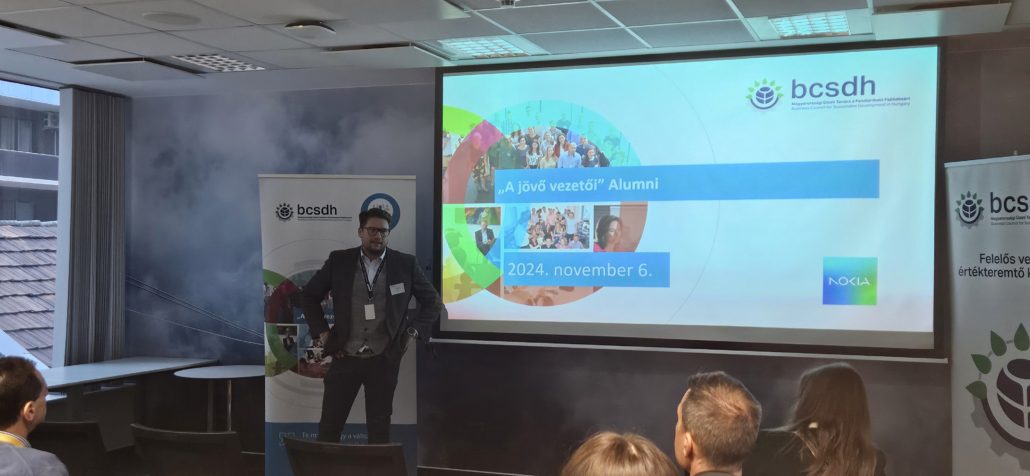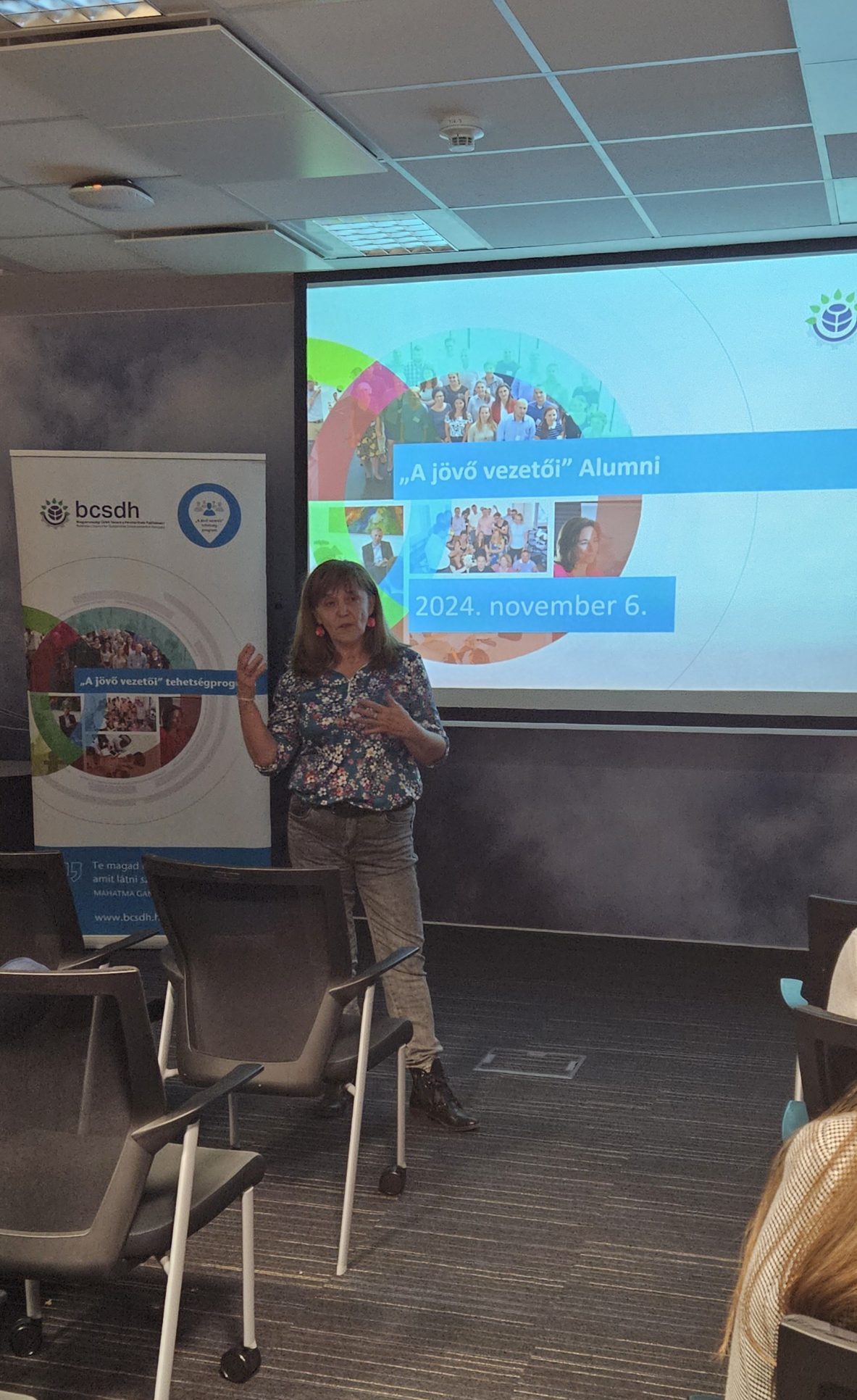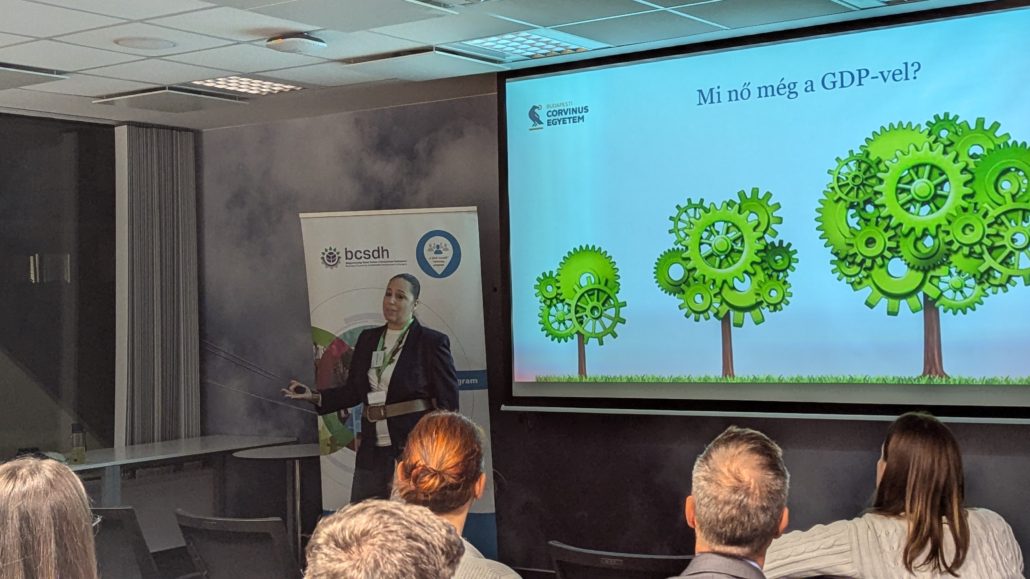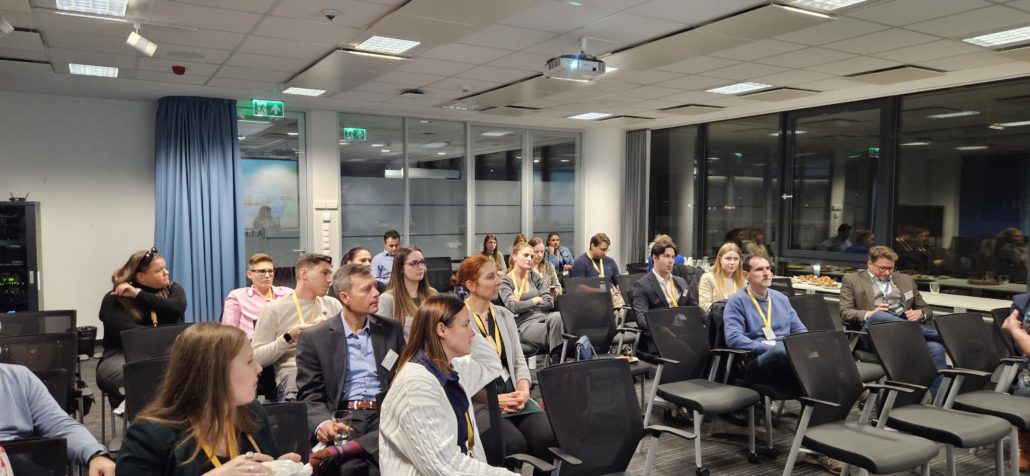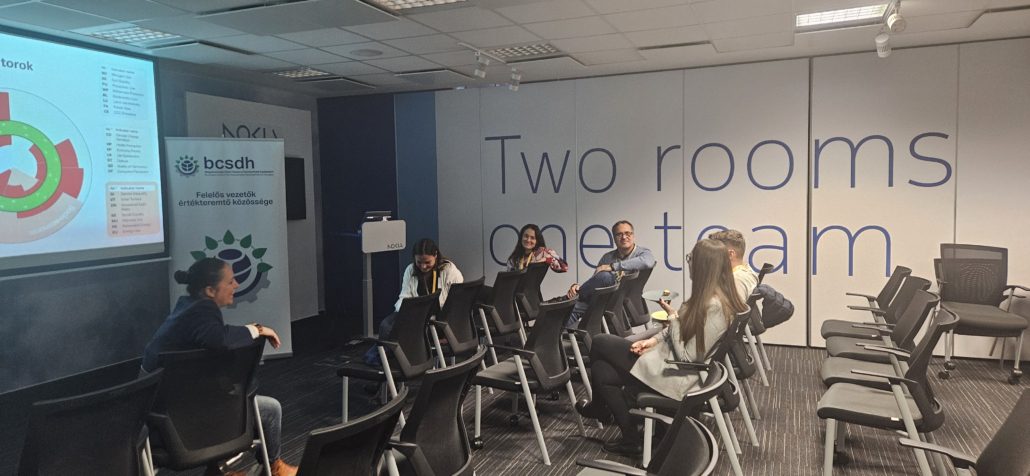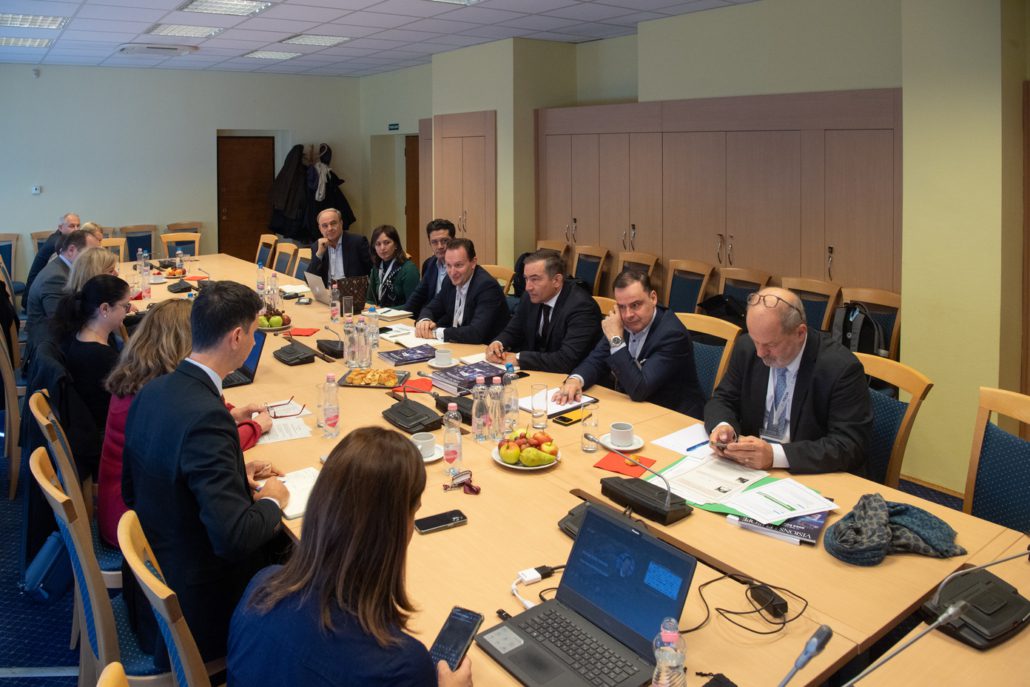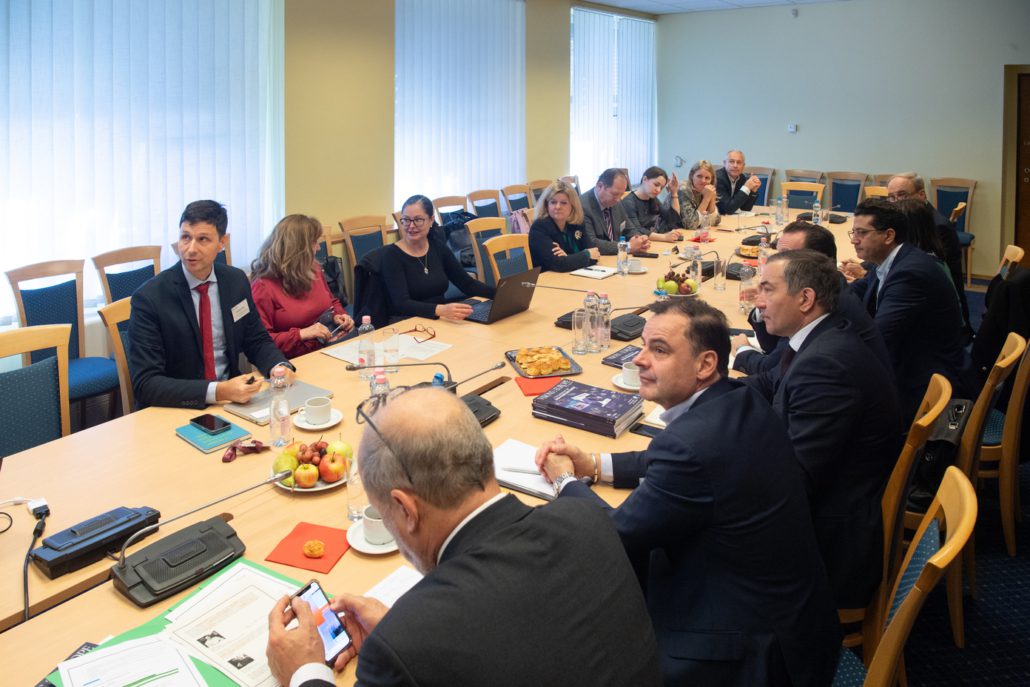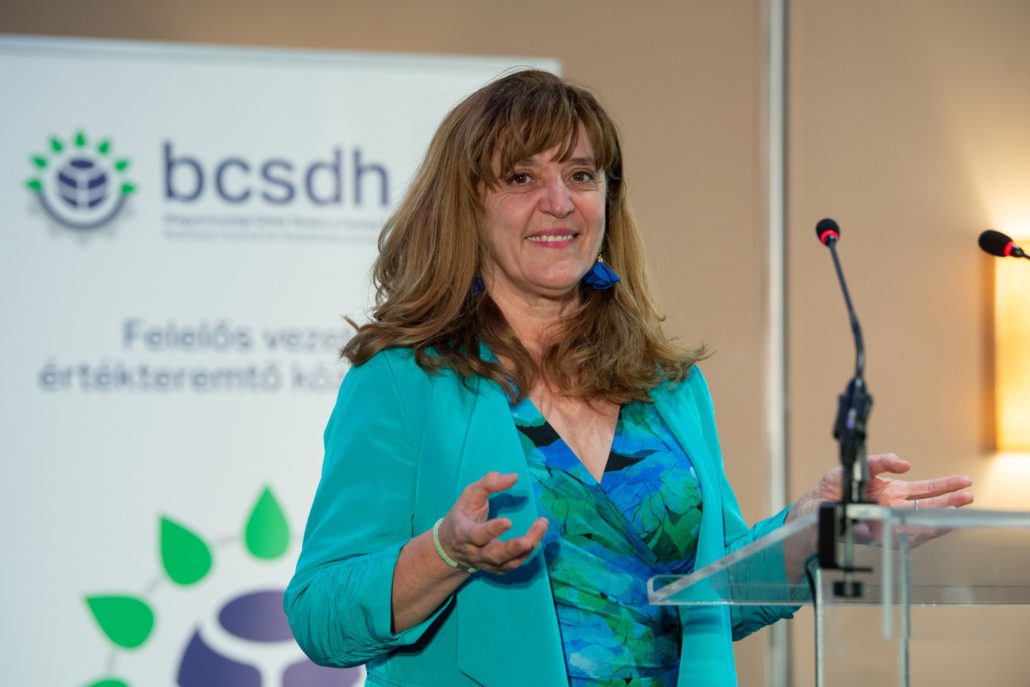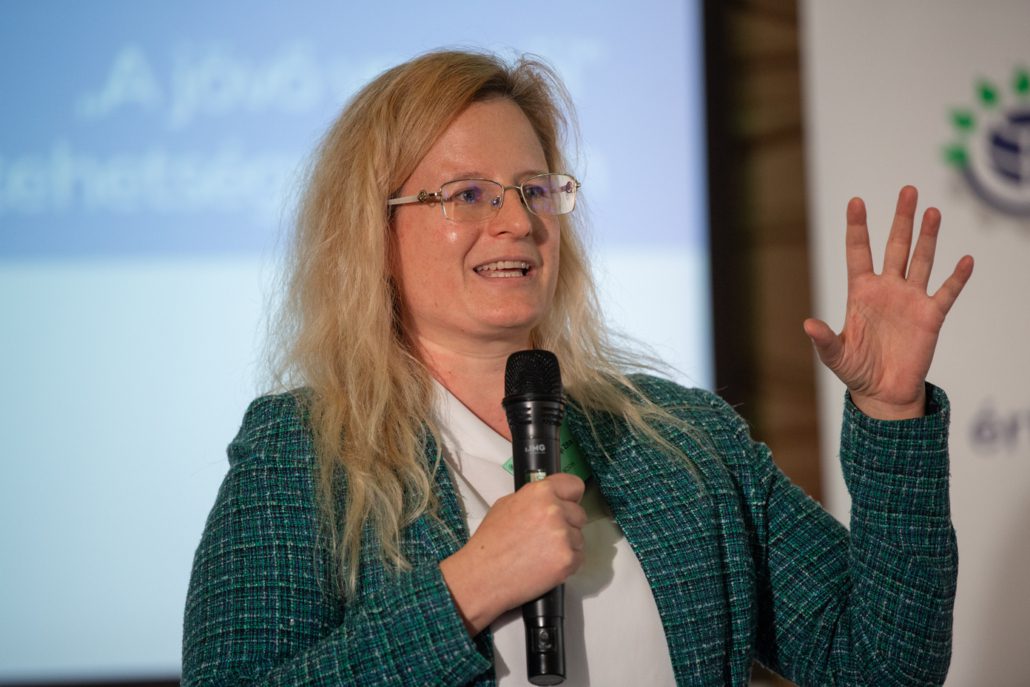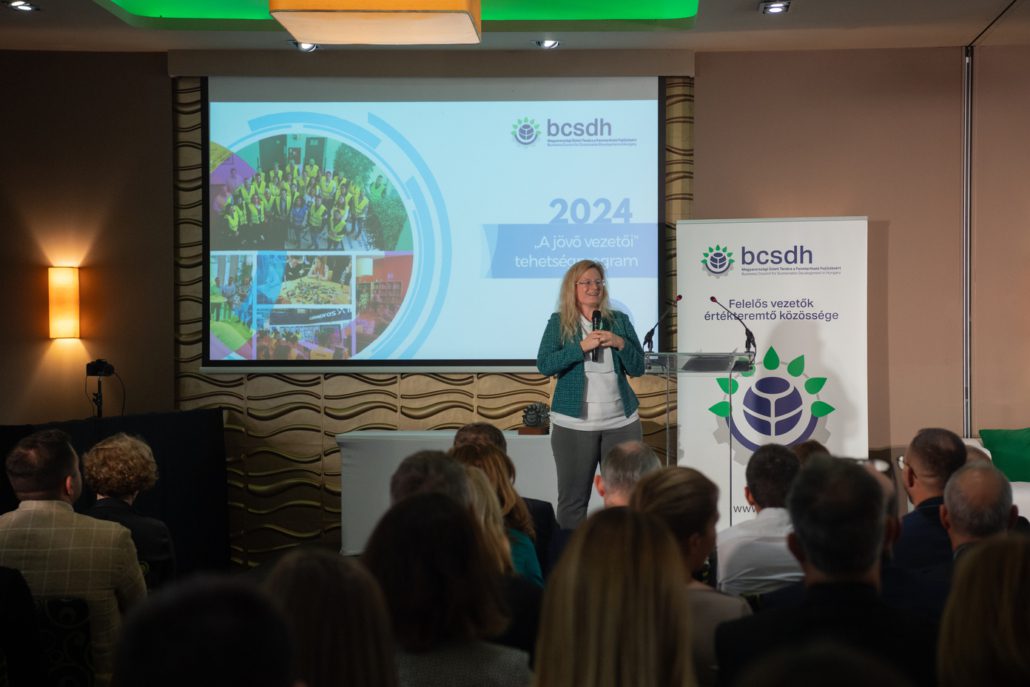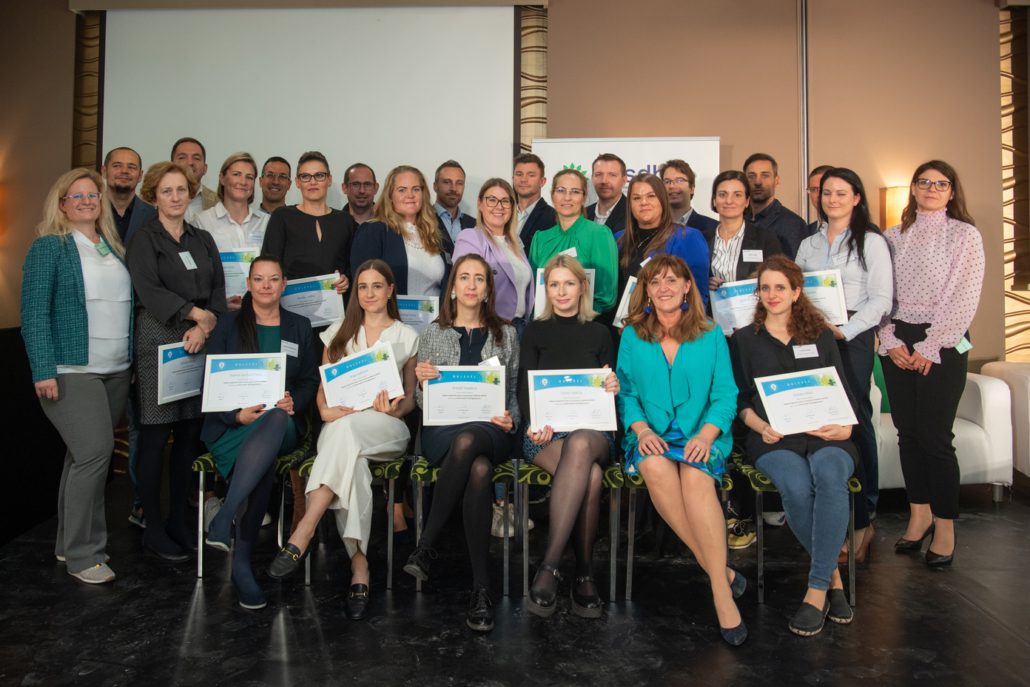In 2026, Hungary will host the European Circular Economy Hotspot meeting.
Creating a circular economy is a global necessity: this transcends geographical boundaries and requires collaboration among nations, organizations, and stakeholders from diverse backgrounds. This was the key message at the 7th Circular Economy Summit, held on November 21, 2024. BCSDH, in collaboration with its professional partners, has won the right to host the 2026 European Circular Economy Hotspot meeting.
Global material consumption has more than tripled since 1970, while the Earth’s population has only doubled. Material extraction and processing are responsible for 60% of the harmful impacts on the climate, over 90% of biodiversity loss and water stress linked to land use, and approximately 40% of health-damaging particulate air pollution.

“Our health and the health of our economy depend on the health of nature, which is declining at an unprecedented rate. Humanity’s negative impact on nature is becoming increasingly evident, and alongside the climate emergency, we must now clearly reckon with the danger of the collapse of natural systems. In this situation, accelerating the transition to a circular economy is in our shared interest, as the resulting reduction in consumption alone could address many climate and ecological crises. However, this requires cooperation instead of competition, shared commitments, measurable targets, and actions. Immediate action is needed in this area as well,”- said Attila Chikán Jr., President of BCSDH, in his speech.
The global circularity rate of material use is steadily worsening. While in 2018, 9.1% of all raw materials used by the global economy came from recycled materials, this figure had dropped to just 7.2% by 2024. Our economy is still on a path of increasing material use, even though societal needs could be met with just 70% of the materials that are currently used. Increasing the level of circularity to this extent would significantly impact several ecological tipping points.

“We need a paradigm shift in the way we handle raw materials. The quantity of raw materials we use globally has more than tripled since the 1970s, and it is expected to double by 2060,” – the Dutch ambassador, Désirée Bonis, pointed out, adding that we also need to ensure resilience to geopolitical shifts in the supply of raw materials. The Dutch National Circular Economy Program aims at closing the loop of material flows so that the country becomes 100% circular by 2050, in line with the climate goals.
The Circular Economy Platform now has 102 members. It was established through the initiative of the Business Council for Sustainable Development in Hungary (BCSDH), the Embassy of the Netherlands, and the former Ministry of Innovation and Technology. Its members have identified knowledge sharing, collaboration, and immediate action as their most important priorities.
According to the latest report by the National Council for Sustainable Development (NFFT), Hungary is depleting its natural capital at an increasing rate. However, a positive development in waste management is the growing proportion of selectively collected waste, which is accompanied by a continuous increase in the amount of material being recycled. In line with EU objectives, the circular economy has also become a focal point in Hungary’s public policymaking.

Dr. Márta Nagy, Deputy State Secretary for Circular Economy at the Ministry of Energy, discussed the current regulatory environment for the circular economy in Hungary and the sustainability priorities of Hungary’s EU presidency.
The phase-out of single-use plastics, the introduction of the extended producer responsibility system, the mandatory deposit return system, and the recently implemented concession-based waste collection system are seen as the only viable options for meeting both EU and Hungarian climate goals. These measures also represent significant progress in developing the circular economy, a priority that Hungary’s EU presidency places particular emphasis on accelerating.
According to BCSDH’s survey in 2023, 69% of companies expect state incentives, and 59% expect regulatory measures to facilitate the transition to a circular economy. There is significant anticipation regarding ongoing initiatives.

Rebeca Nohl from SYSTEMIQ presented a summary of the Global Resource Outlook 2024 (IRP), jointly published with the WBCSD, highlighting its business implications and impacts.
According to the report, resource extraction has tripled over the past five decades and is projected to increase by 60% by 2060. The study emphasizes that resource use is associated with significant business risks: competition for natural resources intensifies supply chain volatility, further exacerbated by climate change and geopolitical disruptions. Rising material costs erode profits as competition for finite resources becomes fiercer.
Businesses face increasingly complex climate-related regulations and growing scrutiny and expectations from consumers, employees, and investors regarding their environmental impacts.
The summary highlights the opportunity for businesses to unlock new sources of profit and increase their resilience by decoupling value creation from resource consumption. Resource efficiency and productivity can serve as an organization-wide means of achieving multiple goals, such as building resilient supply chains, reducing costs, enhancing competitiveness, and strengthening market differentiation.

There is currently significant international attention on the joint initiative of the WBCSD and UNEP, the Global Circularity Protocol, which was presented by Filipe Camano Garcia, Director of the World Business Council for Sustainable Development (WBCSD). This standard system, currently under development, is being modeled after the Greenhouse Gas Protocol and is set to be introduced in 2026. It is a voluntary standard designed to provide methodology and metrics for businesses, as well as practical tools for policymakers. As the first step, a ‘landscape analysis’ was completed in July 2024. This analysis maps out corporate measurement and reporting tools, policies, and regulations related to circularity, helping to identify gaps and opportunities within the circular ecosystem that can support the development of the protocol.

Among our internationally recognized speakers was Joost van Dun, Head of Sustainable Financing and Circular Economy at ING Bank, who, through examples, showcased the current financing trends in the circular economy sector.

The role of collaborations in achieving a circular economy was the focus of a panel discussion featuring Brigitta Deák, CEO of Greenpro Zrt., Joost van Dun, Head of Sustainable Financing and Circular Economy at ING Bank, Csaba Farkas, Director of Sustainability and Innovation at Master Good Kft. The panel explored the types of cross-sectoral collaborations that can make successful circular business models achievable. The roundtable discussion was moderated by Dr. Bálint Bartha-Horváth, Senior Sustainability Consultant at CBRE.





For the first time in the history of the Circular Economy Summit, an innovation corporate pitch series was held, showcasing the best circular solutions. Five companies and organizations had the opportunity to present their circular solutions. The presenters were:
- Repair Café Budapest – Viktória Kranzieritz, Volunteer
- Denim Deal – Roosmarie Ruigrok, Sustainable Fashion & Textile Expert
- Miscancell – Marcel van de Peppel, CEO
- Moholy-Nagy University of Art and Design (MOME) Innovation Center – Dalma Berkovics, Head of Partnerships
- Sock Exchange Program – Zoltán Csányi, Founder
Ivett Takács, project manager, reported on the 2024 results of the Circular Economy Platform andon the European Circular Economy Hotspot meeting held from October 7-9 in Wales, where the BCSDH’s partnership proposal was announced as the winner. As a result, Budapest will host the largest international forum on the circular economy in 2026.

She emphasized that for BCSDH, as one of the founding members of the Circular Economy Platform, it is crucial to have a community of highly committed companies and business leaders. By following the good practices of the 140+ member companies, the entire business sector can go beyond making drastic emissions reductions to also focus on biodiversity preservation and restoration and reversing growing social inequalities. This is the core focus of our Time to Transform 2030 program, which builds on the outcomes of the Action 2020 program and is supported by our Circular Economy Platform.
THANK YOU TO THE MAIN SPONSOR OF THE EVENT:

TO THE EVENTSPORSORS:


TO THE 2024 SUPPORTER OF THE CIRCULAR ECONOMY PLATFORM:

AND TO THE SPONSOR OF OUR CARBON-CONSCIOUS EVENTS:




